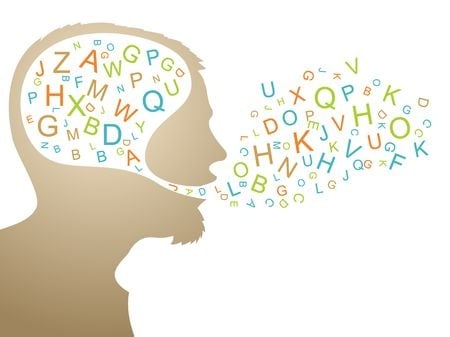Many people are quick to assert that America was founded by Christian men and based on Christian precepts and principles. Is this true? Or is this another repeated truism taken at face value because someone said so? If America was not founded by Christian men and based on Christian principles, then who were the men called the Founding Fathers, and what principles did they base the three major foundational documents (the Declaration of Independence, the Articles of Confederation, and the Constitution) on?
There are passionate and misinformed arguments on both sides of this issue. On the one hand, many fervent Christians will proudly proclaim how the Founding Fathers were devout Christians, and how they made sure that Christian principles were consulted and included in the foundational documents. On the other hand, many fervent agnostics, atheists, and free thinkers will contend that the Founding Fathers were not Christians, and how they framed the foundational documents on the principles of deism and free thought. As with most passionate controversial arguments, the truth lies somewhere in the middle.
For those unfamiliar with deism, it is a worldview–as opposed to a religious view–that sees God or the “Creator” as a “watchmaker.” A watchmaker creates or assembles a watch before setting it in motion and has little to no interest in what happens to the watch or how the watch feels, and so forth. Deism says God does not communicate with man or try to influence the world through action, thought, or revelation. He merely created, set in motion, and is now unconcerned with what is going on with the creation or any potential outcomes it may face. I am presuming that most readers are familiar with Christianity, its principles, and its dogma. Basically fundamental Christian principles and dogma state: Jesus is God’s son, who was sent to earth to suffer and die as atonement for the sins of humankind; he arose from the grave and will return one day to claim victory over sin and death. Believers will reign with him throughout eternity, and unbelievers are doomed and will face an eternal hell. Obviously, these two perspectives are quite different from each other. Deism places humankind’s fate in the hands of humans, while Christianity believes divine intervention will determine the fate of each individual human. Deism does not believe in an afterlife, while Christianity hinges on what happens in the afterlife.
While “Founding Fathers” is a somewhat ambiguous term, most sources cite about 204 men who fit the definition of the term. The three major foundational documents contain 143 signatures representing 118 signers. There are seven men who are considered the primary Founding Fathers and who are considered the central drafters and composers of the three documents; they are: Benjamin Franklin, George Washington, John Adams, Thomas Jefferson, John Jay, and James Madison. Of the seven, at least five can be confirmed as holding deist beliefs central to their worldviews: Washington, Adams, Jefferson, Madison, and Franklin. Letters these men wrote confirm these beliefs, and this was a likely scenario since overt religious doubt was not popular in this era. There are many of the other Founding Fathers who were, most likely, “closet deists,” who condoned freedom from religious oppression and believed that reason was crucial to a free and just society.
Another method of confirming this is to look at the foundational documents themselves: of the three, only one mentions a “Creator,” and that is the Declaration of Independence. No specific religion, God, or belief system is mentioned or condoned. It becomes readily apparent that while the principles of a free and just society may be similar to the principles of Christianity, no specific religion–whether Christian or otherwise–was mentioned or used to create the underlying framework of the three major foundational documents.
There is one more document that came along years later in 1797: The Treaty of Tripoli, which was a treaty between the United States and the Arab Barbary States. Its intended purpose was to control and stop piracy of US vessels. It is curiously amusing to read the attempts by many people to paraphrase, twist, and try to occlude the language of Article 11 in this treaty, but it seems clear and beyond ambivalence or obscurity to me:
As the government of the United States of America is not in any sense founded on the Christian Religion, — as it has in itself no character of enmity against the laws, religion or tranquility of Musselmen, [Muslims] — and as the said States never have entered into any war or act of hostility against any Mehomitan [Muslim] nation, it is declared by the parties that no pretext arising from religious opinions shall ever produce an interruption of the harmony existing between the two countries.
These are not my words or the words of fervid atheists, agnostics or free thinkers of today. They are an integral part of American history documented in an historical treaty. So, to those passionate Christians who want to proclaim the Christian foundation and heritage of our nation, be careful how far you go to support such a premise. Also, I warn the atheists, agnostics, and free thinkers who, just as fervently, argue that no divine principles were included in the documents to be careful how far you go to support such a claim. The actual questions seem to be “what” and “whose” divine principles were consulted and used to guide the same, and it is clear that the Founding Fathers were adamant about keeping religion away from the governing bodies and under the auspices of individual citizens.













